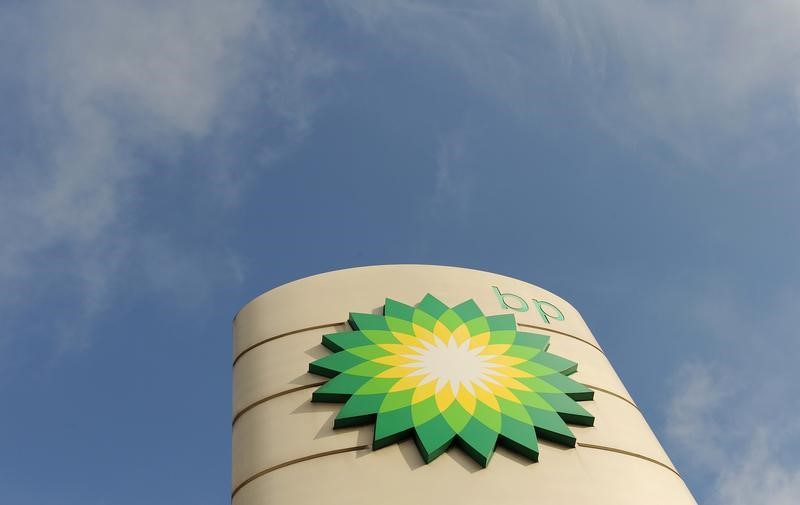By Jonathan Kaminsky
NEW ORLEANS (Reuters) - BP Plc, citing low oil prices, tried to whittle away at $13.7 billion in potential fines under the Clean Water Act on Tuesday as the penalty phase started in its trial over the 2010 Gulf of Mexico oil spill.
BP said its fine should be modest as it took extensive steps to mitigate the worst offshore disaster in U.S. history and that the defendant named in the case, BP's exploration and production unit, known as BPXP, cannot afford a big penalty.
"There has been no collapse of the ecosystem," BP lawyer Mike Brock said in opening statements, contending that the Gulf has been more resilient than thought. Environmental groups say it could take decades for the Gulf to recover.
Brock said the penalties should take into account BPXP's ability to pay, and not be tied to the balance sheet of its parent company.
He said a 60 percent drop in oil prices since June has slashed BPXP's value to about $5.1 billion, down from $16 billion just months ago.
The government knows that "BPXP cannot afford a penalty in the range that they are asking for, and so that's why they are saying look to the parent," Brock said.
Steve O'Rourke, the government's lawyer, said BPXP and BP are effectively the same company. He urged a fine of $11.7 to $13.7 billion.
"BP's litigation position in this phase suggests that it still doesn't understand the gravity of what's happened here, they continue to focus on their own hardships rather than the hardships of the environment and the people," O'Rourke said.
U.S. District Court Judge Carl Barbier asked during Brock's opening statements whether the parties believed the penalties could be paid over a period of years given the current state of BPXP's finances.
Brock said he was not sure, while O'Rourke said such precedent exists.
Clean Water Act rules say when assigning penalties the court must look at BP's ability to pay, steps it took to clean up the spill, and its history of past violations.
In 2012, one person was killed and two were injured at a BP natural gas plant in Colorado. The Macondo blowout in 2010 killed 11 men on Transocean Ltd's Deepwater Horizon drilling rig.
In 2005, 15 died in an explosion at BP's Texas City refinery, which the company later sold. In 2006, oil spilled from a BP-operated pipeline in Alaska. And in 2005, BP's Thunder Horse oil and gas platform in the Gulf of Mexico nearly sank because of a design flaw, postponing its startup by three years.
The Clean Water Act penalties would come on top of more than $42 billion the oil major has set aside for cleanup, compensation and fines. About 810,000 barrels were collected during cleanup.
Several billion dollars in potential fines were avoided on Thursday when Barbier put the size of the spill at 3.19 million barrels. That was well below the government's estimate of 4.09 million barrels, which could have led to $17.6 billion in fines.
The first two phases of the trial, over the degree of negligence and the spill's size, have concluded. The penalty phase is expected to last three weeks.
Under a "gross negligence" ruling Barbier issued in September, BP could be fined a statutory limit of $4,300 for each barrel spilled, though he has authority to set lower penalties.
BP has also filed motions saying the maximum fine per barrel is in fact just $3,000 because Congress never passed laws to adjust it for inflation.

A simple "negligence" ruling, which BP sought, caps the maximum fine at $1,100 per barrel.